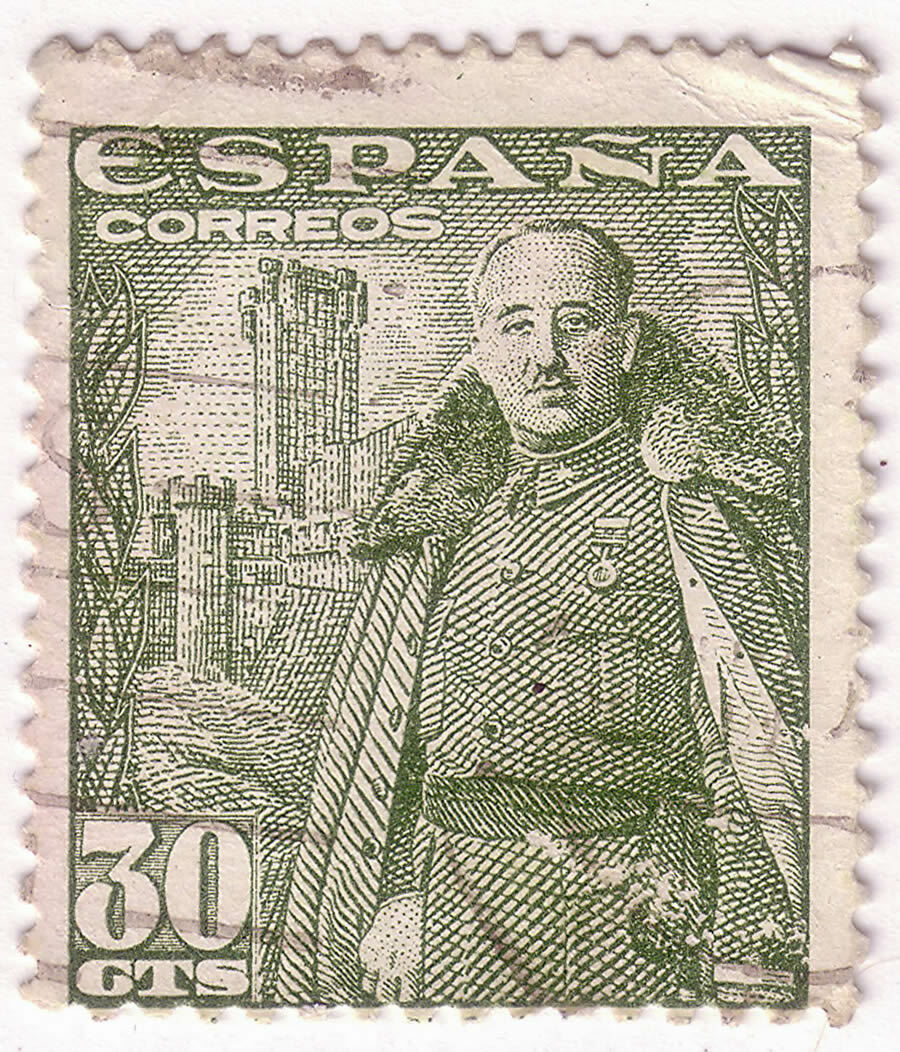Importance of the agony of the dictator Franco
Miscellanea / / August 08, 2023

Specialist journalist and researcher
 Officially, Francisco Franco Bahamonde, the dictator who had ruled Spain with an iron hand for the past 36 years, died after a long agony on November 20, 1975. However, later it was learned that this date had been changed in a few hours or, some even say, days. But for what reason? To understand it, let us analyze precisely this long agony.
Officially, Francisco Franco Bahamonde, the dictator who had ruled Spain with an iron hand for the past 36 years, died after a long agony on November 20, 1975. However, later it was learned that this date had been changed in a few hours or, some even say, days. But for what reason? To understand it, let us analyze precisely this long agony.
Due to his advanced age (83 years), coupled with excessive activity, Franco's state of health was delicate.
This had worsened since the assassination, in 1973, of Luis Carrero Blanco, his most direct collaborator and presumed successor to his leadership of state, assassination that plunged Franco into a deep crisis.
Between October 15 and 24, he suffered up to four heart attacks, which could be promptly attended and treated because he had mounted a real hospital inside the Palacio de El Pardo, the official residence of Franco as head of state, which even had a operating room
However, Franco's clinical picture did not portend anything optimistic, rather the opposite, although at the
public opinion he was told about a simple flu picture, to hide the seriousness of the matter.His long agony, more than a desire to prolong his life, responds to a political necessity: the fights between factions for control of the regime and the need for nothing to get out of control on the eve of a transition that the circles of power envisioned, but that some still wanted to abort.
In addition, Morocco was also pressuring Spain to get rid of its possessions in the Sahara, ceding them to the Alawite kingdom, and it was feared that it could take advantage of the uncertainty due to the death of Franco, to invade the territory, as in fact it was (although the invasion was the peaceful and civil "Green March", and not an operation military).
Franco's condition was so serious that on October 25 he was given extreme unction.
On November 2, he underwent an emergency operation in the El Pardo operating room, when he suffered severe bleeding. In the middle of the operation, the lights go out due to a power failure...
It is then decided to admit him to the Madrid Hospital de la Paz, where they will enjoy more means.
Franco's delicate state of health is then disclosed to public opinion, but always avoiding reporting the seriousness of the situation.
However, that they were his final moments do not escape anyone, by pure logic. He was not old enough to endure much more, and his physical decline was something that had become clearly visible in recent times just by watching the news.
On November 15, he underwent surgery again due to multiple organic failures caused by the operation on the 2nd, and on November 18, Dr. Manuel Hidalgo Huerta announced that he would not return to intervene. On November 19, the intubation was withdrawn.
From here, the chronology of events is not at all clear.
Officially, Franco dies on the morning of November 20, 1975, sometime between 1:00 and 5:00, with a high probability that said time is around 2:00.
The communication will be held at 6:12 in the morning of the same day 20, and at 10:00 it will be communicated to the population by the president of the government Carlos Arias Navarro, in a television broadcast that will remain marked in the Spanish collective imagination by the emotional crying of Arias Navarro himself, a reason for sadness and homage for the followers of the regime, and joy and mockery for the opposites.
Unofficially, many historians point, through testimonies, to a previous death.
According to the statements of people close to the events, Franco would have actually died sometime on the night of the 19th, data that would have been made known to a small group of people (the same Carlos Arias Navarro, the future King Don Juan Carlos,…).
Other sources suggest that Franco would have died on the 18th, but that between this date and the public announcement, the takeover was prepared. possession of Juan Carlos, and the main military and police commanders were put on alert to prepare the response to any incident.
The funeral chapel of the last fascist dictator in Europe was open early on November 21, 1975.
There were long lines to pay their respects before the exposed corpse of Franco, and on the 22nd, Don Juan Carlos de Borbón is proclaimed king in the courts with the name of Juan Carlos I.
Fotolia art: elen31
write a comment
Contribute with your comment to add value, correct or debate the topic.Privacy: a) your data will not be shared with anyone; b) his email will not be published; c) to avoid misuse, all messages are moderated.

